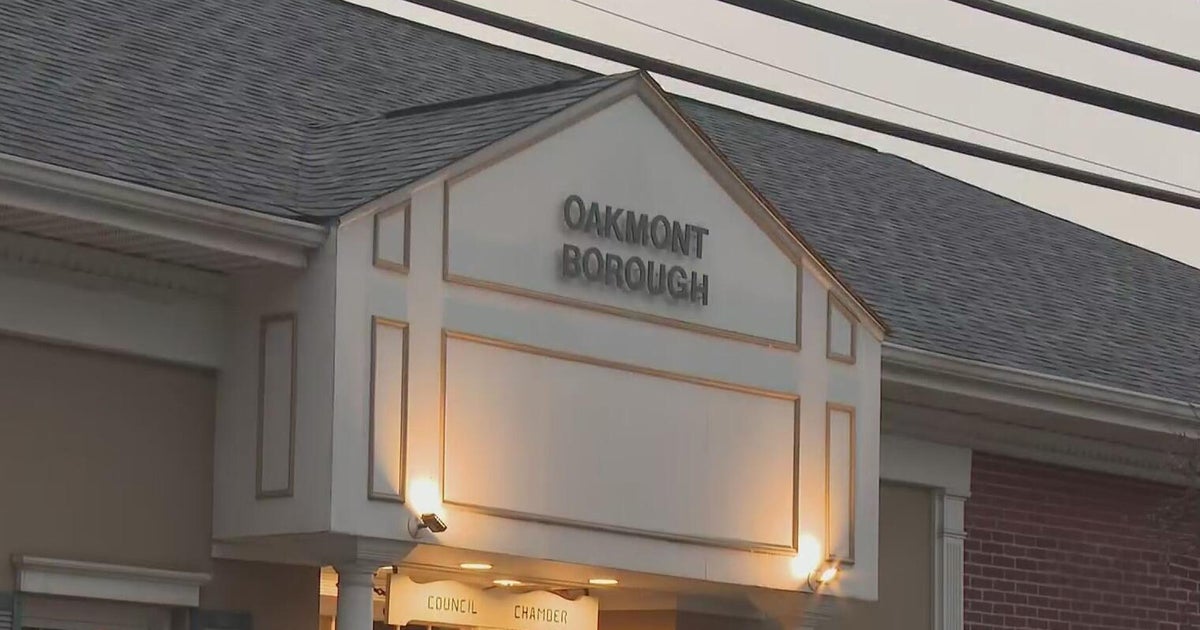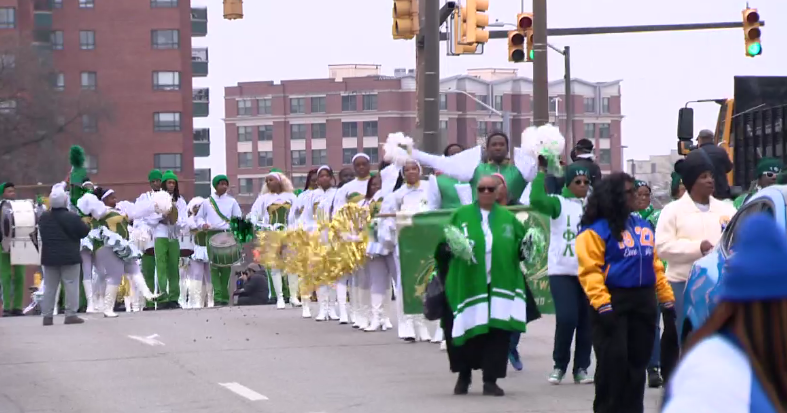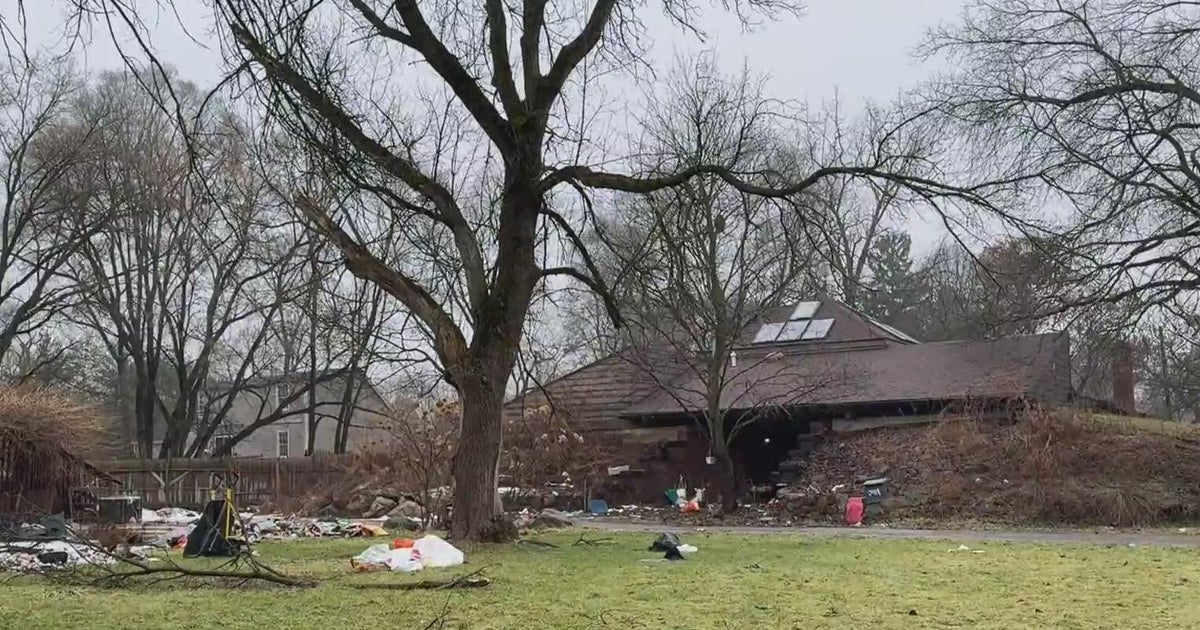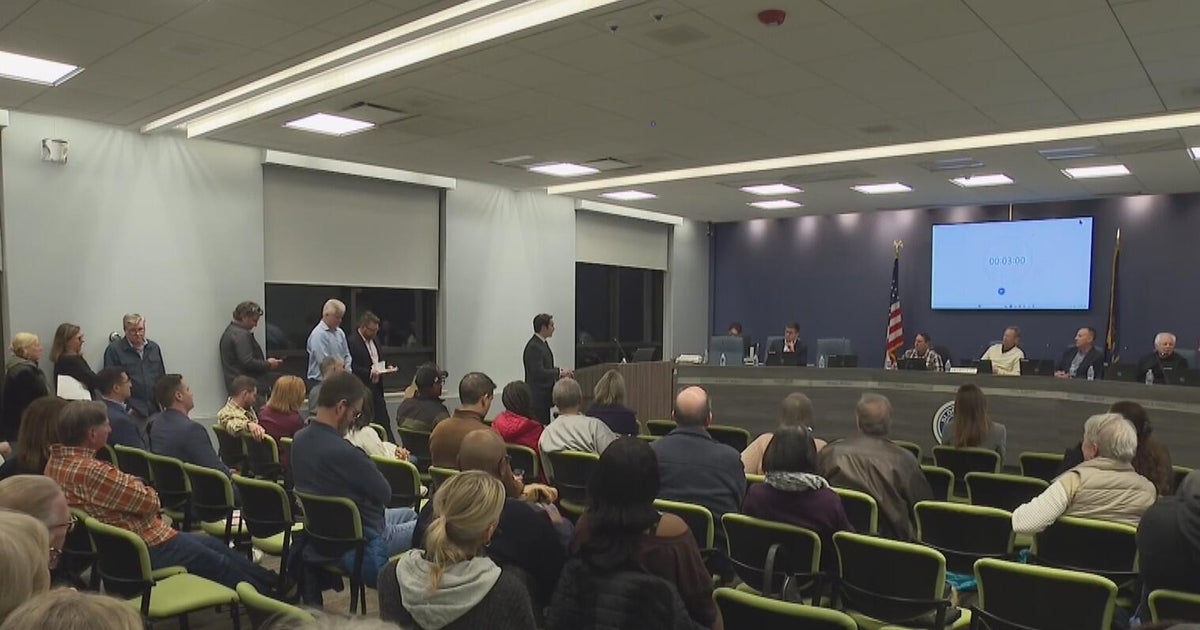Volunteers worry as enforcement of 60-day shelter limit for migrants is soon set to begin
CHICAGO (CBS) -- The City of Chicago is set in one week to start enforcing its 60-day shelter limit plan for migrants again – but more than a dozen alderpeople are leading a charge to do away with that plan.
The concern some alderpeople and volunteers have is that if the shelter stay limits are enforced, hundreds could end up finding themselves back staying on warming buses at the city's migrant landing zone at Polk and Desplaines streets – only to wait their turn to be placed into a shelter once again.
For volunteers who work with asylum seekers in Chicago, time is ticking.
"Our concern is that there's not really a plan - or if the city has a plan, they're not telling us," said volunteer Lydia Wong. "By delaying informing everyone is causing crisis-level concern and anxiety from people in the shelters. It's causing volunteers to scramble."
The question on the volunteers' minds is what will happen on Feb. 1, the current deadline by which hundreds of migrants staying in city shelters will have to leave them.
This is all part of Mayor Brandon Johnson's policy to limit shelter stays – which was first announced in November, but for which the enforcement deadline was delayed twice this month due to weather concerns.
Wong said around 1,900 people – including families – have received 60-day notices and could be evicted if the stay limit is enforced.
"There isn't much of a plan in place for folks who don't have a place to live," said Ald. Andre Vasquez (40th), chairman of the Committee on Immigrant and Refugee Rights.
Now, 16 alderpeople are urging the City of Chicago to rescind the shelter stay limits in a letter sent Thursday to the Mayor's office. Ald. Vasquez is leading that request.
"I think the city feels like there's a very real pressure of having limited funds in their view - and not enough to sustain for even the whole year, which is leading to decisions about what to do as far as capacity for the new folks who are coming as well," Vasquez said.
Vasquez said the evictions could mean people on the streets or back at the landing zone – where new arrivals wait in city buses for shelter space to open up.
"To uproot everyone from where they are to the landing zone, back to theoretically another shelter spot, seems like a waste of resources," said Wong. "We have not gotten rid of our stockpile of tents, because we're concerned that we will go back to needing to house people on the sidewalk or outside unless something changes."
Mayor Johnson was asked Thursday night about the possible eviction of migrants from shelters on Feb. 1. He defended the city's record.
"How many more shelters am I going to be asked to open? Twenty-seven shelters – we have literally built an entire infrastructure for an international crisis that Congress hasn't figured out," said Mayor Johnson. "I stand on the work that we've done in this city."
Some of the migrants who have received 60-day notices have secured housing vouchers, but volunteers said those migrants represent only a small fraction of those who are poised to be evicted.







